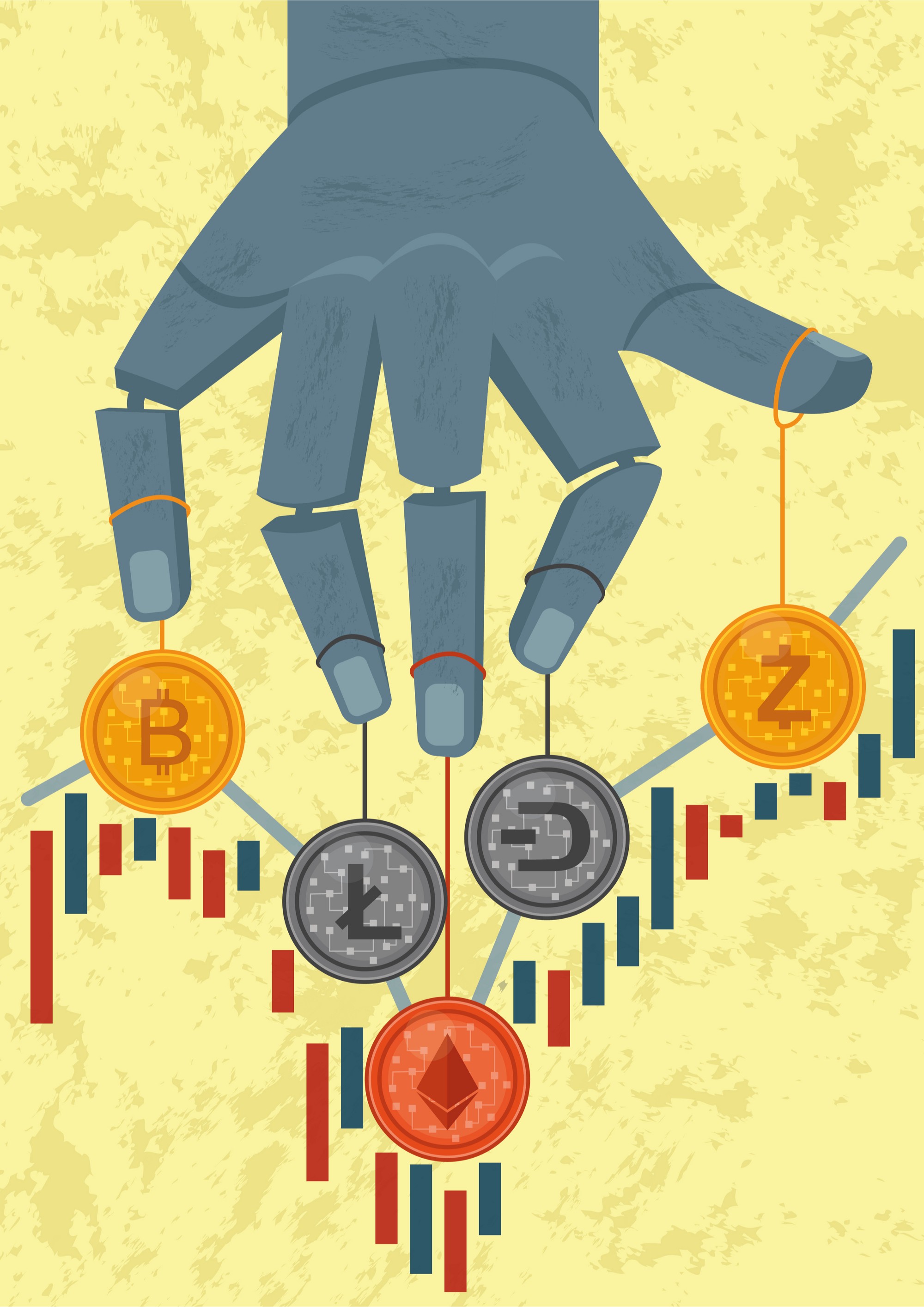The Bank of International Settlements is woefully inept in its understanding of Bitcoin and Blockchain technology
In a recent lecture (shown above) to the banking elite at Goethe University in Germany, Agustin Carstens, the GM of BSI, the Bank of International Settlements (the central bank of central banks), recently stated; “Bitcoin is a combination of a bubble, a Ponzi scheme and an environmental disaster”. Yet how can something decentralised be a Ponzi scheme? If this were the case, it would suggest that a central authority is responsible for issuing Bitcoin, whereas Bitcoin and most other cryptocurrencies are one hundred percent decentralised, with no central issuer, key figure or regulatory bodies.
To those researching cryptocurrency or those in the banking industry, it should be extremely disappointing to hear blatantly false claims from such a large, leading figure in economic finance. Whether said knowingly to cause damage or simply being a matter of misunderstanding, bold statements such as these are detrimental to the adoption of cryptocurrencies and blockchain technology as a whole. Given Carstens' statement, I thought it best to validate or dispute his claims. Much to my dismay, a vast majority of Carstens' statements can be refuted by a simple google search, never mind labour intensive research. Yet, Carstens' words carry economic weight; and many of those in the banking industry would no doubt have little motive to question his statements and would most probably accept them as fact. I therefore thought it necessary to offer my own comments on his lecture as a whole.
Primarily, Carstens lecture focuses on the argument that "central bank experiments show that distributed ledger systems (DLS) are slow and inefficient". Yet, almost all modern cryptocurrency DLS systems are capable of streamlining administration tasks and cutting down on expenditures. This was most recently demonstrated by Walmart's 'mango study', which showed that the tracking timeline of foods 'from farmer to store' was reduced from the standard 7 days waiting time to 2.2 seconds on DLS's, with none of the usual paperwork or administration costs.
His later comment that "...if authorities do not act quickly, cryptocurrency could become a threat to financial stability..." should be questioned. Realistically, if the banking industry had any true semblance of 'financial stability' we, the taxpayer, would not have paid for bailout after bailout, nor would the pound have lost over 90% of its purchasing power due to deflation since 1971. I do not disagree that currently cryptocurrencies are wildly speculative and volatile in nature, yet these are still extremely days for an emerging form of technology. It would be naive to hope for stability during the 'lunatic phase' of investment.
Carstens also adds "...cryptocurrencies fail the basic textbook definitions of a currency". I would disagree. This is more-so a simplistic argument of his, given that cryptocurrencies are a new form of technology. In my opinion, the textbook definitions need to be updated so as to reflect cryptocurrency as a new form of finance and it would be unwise to comment otherwise, lest one sound similar to those who decried the early internet as nothing more than a fad.
Prior to final Q&A, Carstens stated "...while new technology has the opportunity to improve our lives, with cryptocurrency, this is not the case" is once again a 'what is new is frightening and wrong' fallacy. The traditional banking system is reliant on centralised manipulation so as to restrict economic freedom. Bitcoin and cryptocurrencies take away the constant threat of manipulation and seizing of currencies due to political censorship and economic restriction. If humanity refused to embrace the new, we would be socially and economically stagnant. No doubt, when presented with a computer, traditionalist bankers scoffed at the idea of abandoning their sacred paper-bound ledgers; yet it was that very innovation that allowed for enormous growth and increased potential.
Finally, during the Q&A Carstens' was also incorrect by claiming that Bitcoin transactions were "anonymous, could not be traced and were a safe haven for money laundering". The introduction of chain analysis is more than capable of identifying the movement of Bitcoin from wallet to wallet, and more often than not, identifying the original FIAT purchase point. As a matter of fact, many traders use chain analysis to track the movement of Bitcoin whales, so as to spot painting of charts and exchange manipulation across the markets.
I must admit, given the current disinformation peddled online by newbie investors or the faux marketing spiel being spouted by scam artists and phoney consultants, it would not have surprised me if the information presented by Carstens had the occasional error. Yet this seemingly ingrained woeful ignorance of even the most simplistic facets of Bitcoin technology does not bode well for the traditional financial industry. If the banks wish to adopt blockchain technology, they must accept that decentralisation is paramount for the security of a blockchain. If this were to be ignored, theoretically, should a nefarious individual or group obtain the private keys to a central banking system's centralised blockchain, they would be able to effectively hold an entire country to ransom at the click of a button.
